Introduction
The principles introduced below have been designed to foster open, honest, equitable, and trusting relationships between researchers at Georgia Tech and historically marginalized communities.
They were developed throughout 2024 by the Center for Sustainable Communities Research and Education (SCoRE) and the Brook Byers Institute for Sustainable Systems (BBISS) with input from SCoRE’s External Advisory Council and faculty partners.
The case studies in this table demonstrate the principles in action in various contexts, showcasing how they can foster collaboration and support shared goals within diverse partnerships.
Explore
- Principle A: Prepare to Build Relationships
- Principle B: Identify Sources of Funding
- Principle C: Build Relationships
- Principle D: Explore Potential Collaborations
- Principle E: Plan a Project Together
- Principle F: Execute a Project Together
- Principle G: Sustain Your Relationships
- Case Studies
- Putting the Principles into Action
Principles
A. Prepare to Build Relationships with Community Partners

(pictured above)
Credit: Charles Barlow
- Power Dynamics: Understand personal and institutional biases and power dynamics and actively consider how they impact your partnerships.
- History: Acknowledge historical harms related to structural injustices and institutional relationships and advance solutions toward reparative justice.
- Participatory Research: Get some training in a participatory research methodology (e.g. Participatory Action Research, Community-Based Participatory Research, Asset-Based Community Development).
B. Identify Sources of Funding to Fund Your Partners Every Step of the Way
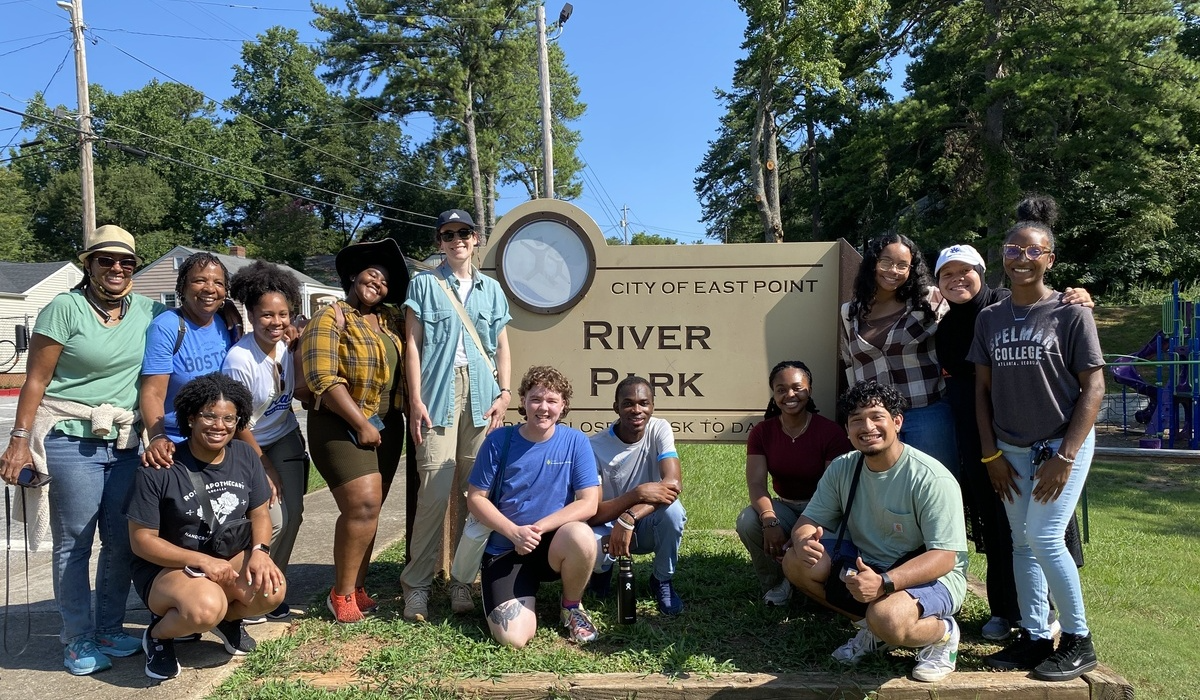
collaborative learning ecosystem (pictured above), #8
Credit: Community-Soil-Air-Water (CSAW)
- Fair Compensation: Compensate community partners for their time and expertise for all activities that you ask them to engage in (e.g., guest speaking, hosting a site visit, advising a student team, contributing to proposals, etc.). They should not be the only people at the table or in the room who are not receiving pay or credit for their work.
- Funding: Identify sources of funding to use to pay community partners to engage with you, from community partnership offices, internal and external grant opportunities, your own unit, etc. Whenever possible, extend this practice by sharing it with your collaborators at other institutions, since most still do not compensate partners for their time and expertise.
- Transparency: Openly discuss funding, be transparent about all aspects of the budget, and work to funnel as much funding as possible to community partners.
C. Build Relationships with Community Partners
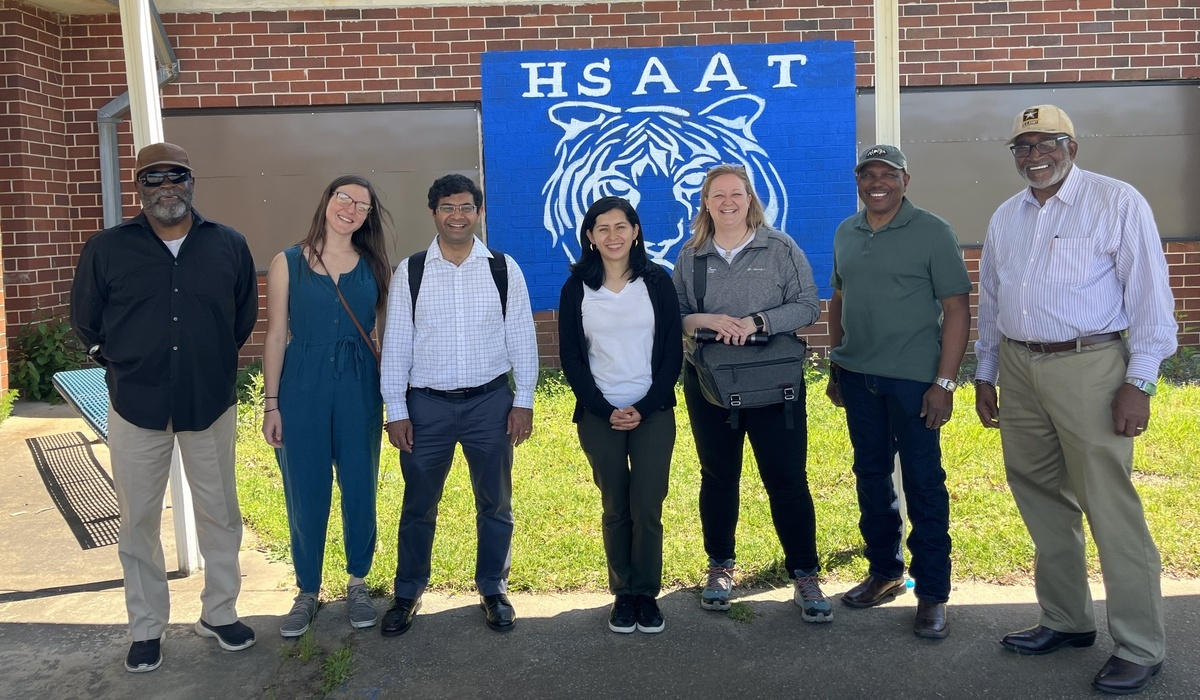
Workforce and Community Development (pictured above), #2, #4, #5, #6, #7, #10
- Trust: Build long-term, mutually respectful relationships with community partners; show up for each other to build trust, meet people, and see where things lead. Be an octopus: grow your tentacles.
- Learning Mindset: Work with community partners, not for them; be humble and learn from partners as experts and innovators.
- Speak Up: Speak up for community representatives; advocate for them to be present and heard in spaces where they are either absent or marginalized.
D. Explore Potential Collaborations
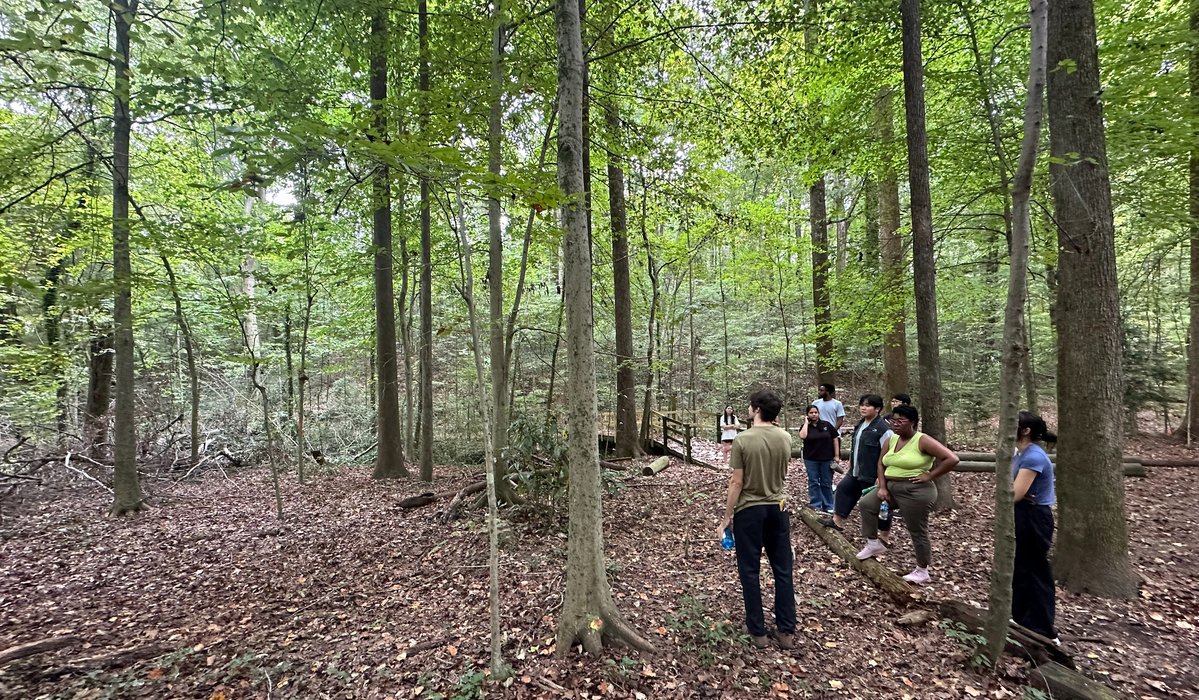
- Asset-Based Approach: Start with community culture, assets, and goals rather than problems, and center the voices of people and groups who are marginalized within communities.
- Mutuality: Listen to each other, come up with ideas together that build on mutual areas of interest and expertise - and then start planning.
- Balance Fundraising and Work: Be judicious about chasing the money; choose carefully which funding opportunities to pursue, taking into consideration multiple factors (e.g., timing, funding available to pay partners to engage in proposal development, team well-being, amount of overhead, etc.).
E. Plan a Project Together
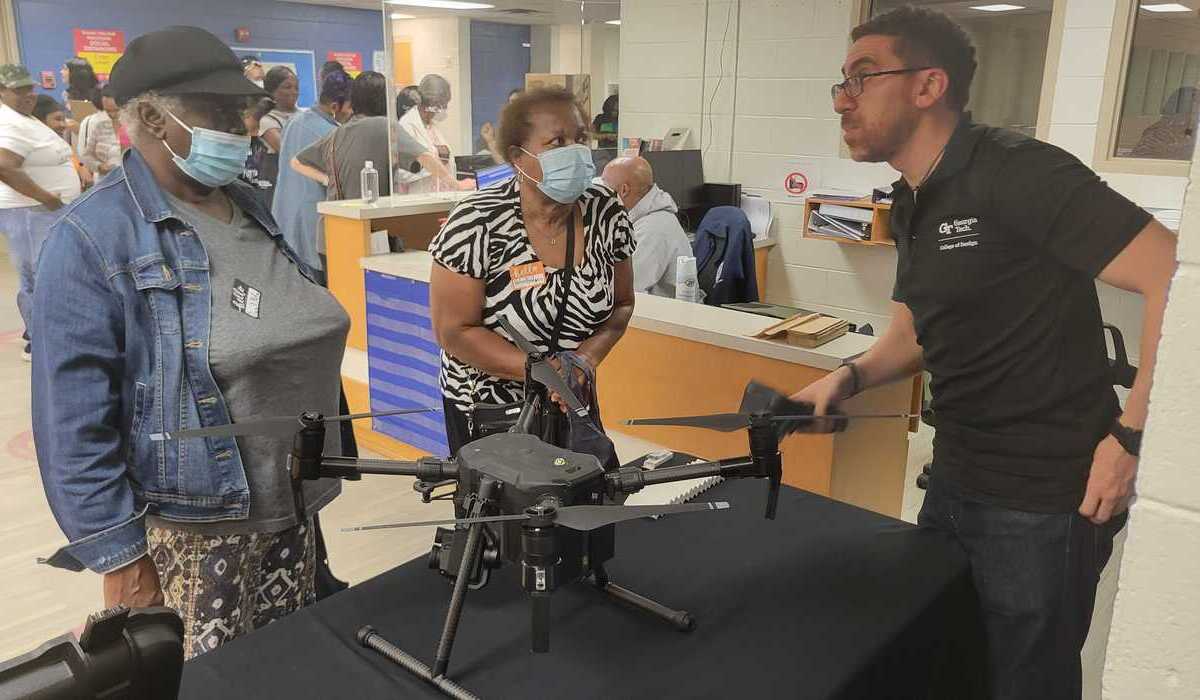
(pictured above), #8, #11
Credit: Péralte C. Paul
- Equitable Governance: Propose equitable governance structures that position community partners as decision-makers (e.g., co-Principle Investigators, Senior Personnel).
- Sustainable Outcomes: Design project outcomes that will continue to support the community's vision for the future after the project ends.
- Accountability: Co-create measures of success and accountability systems to ensure those outcomes deliver lasting community benefits.
F. Execute a Project Together
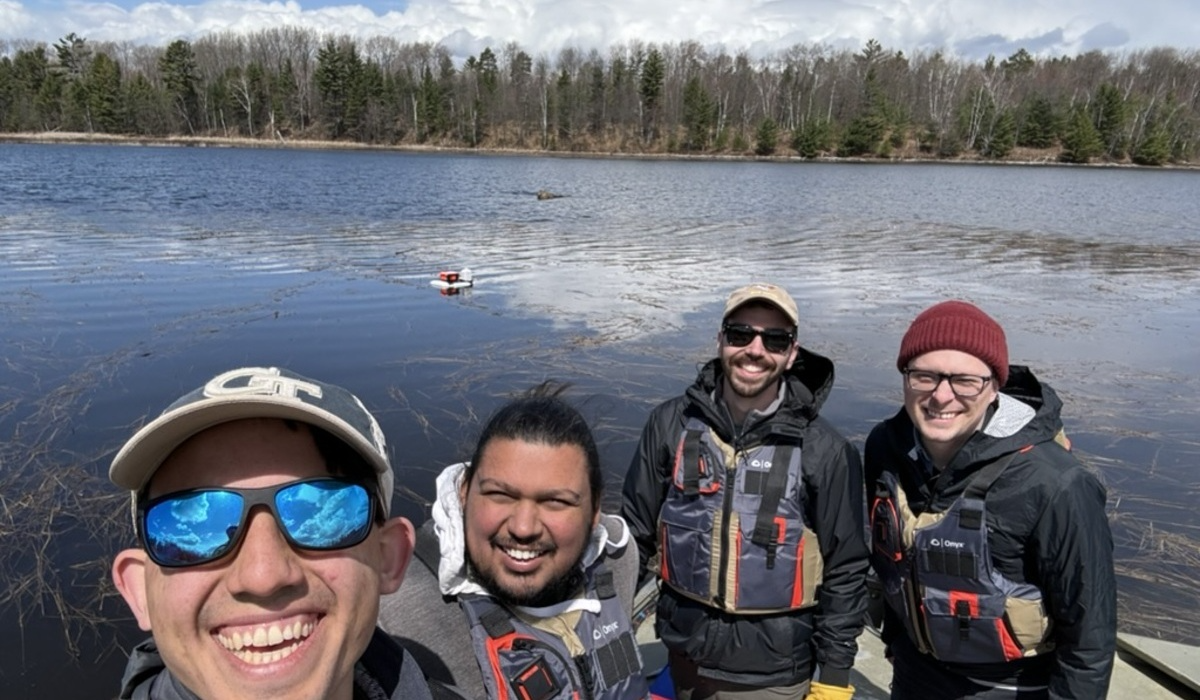
(pictured above), #4, #11, #12
Credit: Eric Glenlee
- Formative Evaluation: Implement a formative evaluation process: solicit input from community leaders and residents, assess data on a regular basis, and make project adjustments as needed.
- Precautionary Principle: Apply the precautionary principle: continually assess potential harms and opportunities for risk mitigation to decide if or how a project should move forward.
- Capacity Building: Provide technical assistance, technology, and infrastructure, which should ultimately strengthen community relationships and power. Prioritize community preferences regarding the use and ownership of all data, tools, and resources.
G. Sustain Your Partnerships
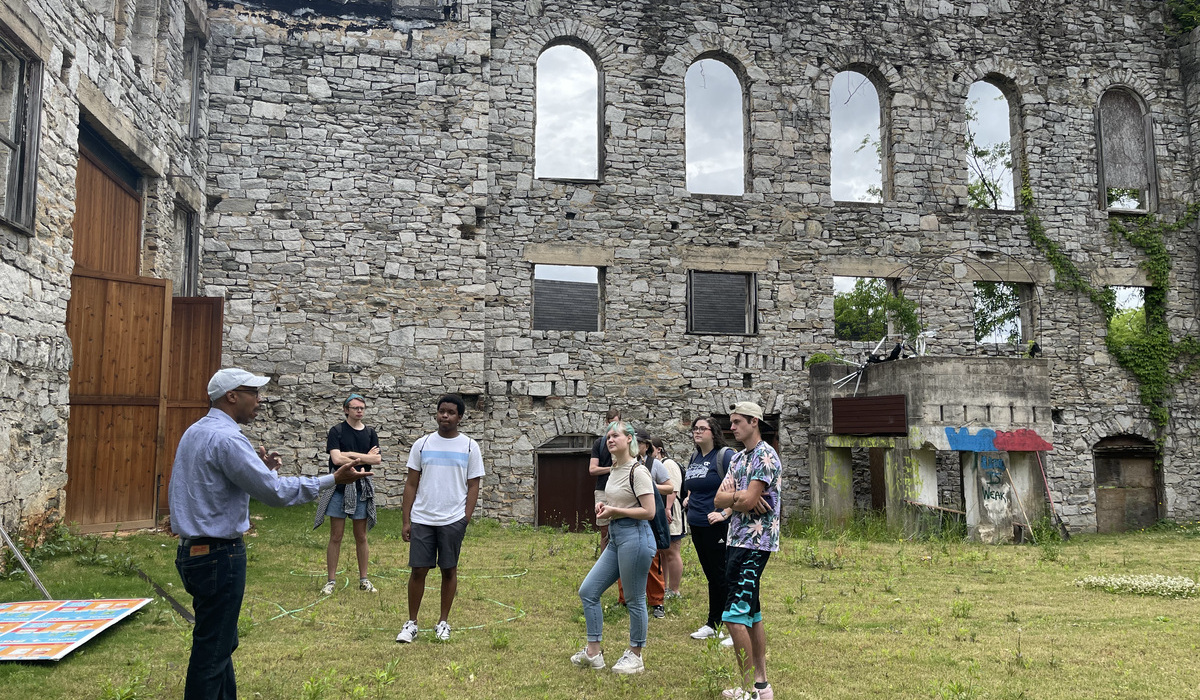
above), #5, #6, #13
Credit: Danielle Willkens
- Sustained Relationships: Continue to show up: responsibilities and relationships should not end just because a project does. Maintain communication and connection to partners in between projects and funding cycles so as to build long-term, trusting relationships.
- Resourcefulness: Once a proposal has been submitted - and also if a proposal is not funded - identify ways to work together to advance some of the project goals. What can you do now, without funding? What might you be able to do with a small amount of funding? What other funding opportunities might you be able to pursue?
- Internal Support: Identify partner and project support from your own institution and networks (e.g., student assistants/interns, internal funding calls, other faculty or staff, event/meeting space, etc.).
Putting the Principles into Action
Principles are only meaningful if they’re used. To put them into action in your own work, we recommend following these steps:
- On your own - prepare to work with partners, especially if you are new to community-engaged research:
- Review each principle and identify a few that you want to learn more about.
- Follow the Take 1 Step guidance for these principles.
- Review the Case Studies associated with those principles.
- Review the Bibliography in the Full Principles PDF and read a few of the resources that peak your curiosity.
- When you are exploring a collaboration with community partners - together with your partners:
- Review theCollaboration Agreement and Scope of Work Template.
- Tailor these to your styles and needs and then complete them together to establish an open, honest, and transparent collaboration process and shared project goals. Note that these documents include a section on discussing and operationalizing the Community-Engaged Research Principles.
Importantly - recognize that you can only do what you can do. It would be virtually impossible for faculty and partners to deeply and authentically understand and operationalize every one of the principles above. So don’t be overwhelmed! Rather, think of this as a journey and just keep moving forward, one step at a time.
Need Help?
For full details, please refer to the comprehensive Principles document. Want some additional guidance or support? Contact Nicole Kennard, Assistant Director of Community-engaged Research in BBISS (kennard3@gatech.edu), or Ruthie Yow, Associate Director of SCoRE (ryow6@gatech.edu).
